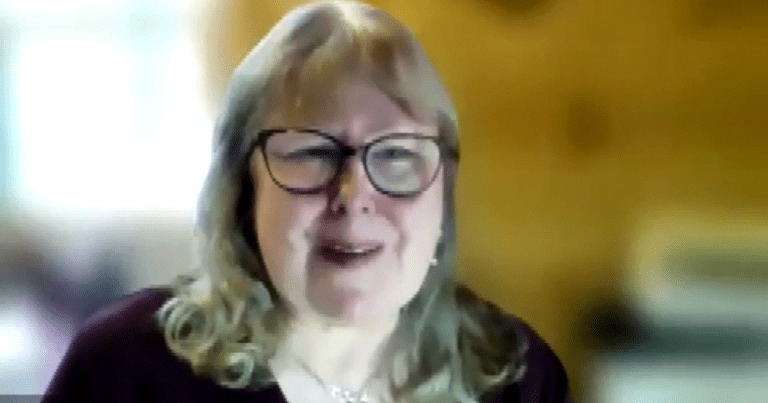CHICAGO (CBS) — A medical office on Michigan Avenue downtown has a lock on the door and no one is inside, and patients can't access their medical records.
One Chicago woman reached out to CBS News Chicago about this topic for answers. So far, despite numerous requests, Kathy Link has been unable to obtain her medical records to send to her new doctors.
So what happens to those electronic records, and what can the patient do?
The medical office is affiliated with Forward, a medical concierge company that describes itself as advanced in technology. The process began nearly a decade ago. Forward's promotional videos promote AI-driven healthcare, where diagnostics, blood testing and body scans are at the patient's fingertips.
Forward, based in San Francisco, was valued at $1 billion in 2021, and is available in major cities across the country, including Chicago, where patients who spoke to CBS News Chicago said they loved it.
“Getting the appointment was easy – easy in and out, no wait,” Marcus Volz said.
“I fell in love with my primary care doctor, and it was amazing,” Link said.
That was until Volz, Link, and several others suddenly received a message last week, saying that Forward would be shutting down all sites, canceling all visits, and shutting down access to its app effective immediately.
“I read the email and my heart just dropped,” Link said.
“Now I have to find another doctor, I guess,” Volz said.
Fortunately, Volz's patient immediately received a copy of his medical records.
“I didn't check the content carefully, but I got it,” he said.
But Link, the Chicago patient, said her requests for her medical records were ignored.
“It was silence from them. I didn't hear any response,” Link said. “The numbers are all cut off.”
Dr. Peter Winkelstein, executive director of the University of Buffalo's Healthcare Informatics Institute, was sympathetic to patients like Link.
“If the company goes out of business, or if the company is sold and someone else takes over, it makes you feel like maybe I lose control of my private data,” he said.
The company will likely be subject to numerous state and federal laws and have to keep records for several years, Winkelstein explained.
“You have to provide it in a reasonable amount of time,” he said.
On Tuesday, Forward founder and CEO Adrian Aoun responded to CBS News Chicago's questions about the medical records by saying the company will provide instructions after December 13.
This appears to contradict instructions currently posted on the company's website – which state that Forward is committed to helping patients navigate their care transitions, and that although the Forward app has been cut, Forward's medical team is available via email until 13 December. .
Whatever the case, Link says her future care is in limbo.
“I can access my private information through the app. But what happened now, you know?” She said. “How will this affect not only myself, but any other members?”
Aoun said he could not comment on Link's specific case for patient privacy reasons, but said Forward was working to address support requests as quickly as possible.
Forward said it will ensure that patients' medical records are kept in accordance with the law.
A message on the Forward website acknowledges the immediate closure of the sites and that the news is surprising.
Illinois said medical providers are supposed to provide 30 days' notice and explain how to obtain medical records.
The American Medical Association has an article about obtaining medical records from closed practices. The American Health Information Management Association also noted that state laws typically contain medical records retention for doctors, requiring steps such as patient notification before or after a practice closes.
AHIMA advised that it would be useful to know specifically when a medical practice closed – whether recently or many years ago. Records that are approximately 10 years old from the last documented encounter with a practice may be destroyed, and some states allow records to be destroyed even earlier than that, AHIMA said.
Patients should refer to the letter they received notifying them of the practice's closure and contact their designated registrar. Updates on how to get can also be posted on the medical practice's website or social media page.
State Attorney's Offices and public health departments can also be used as support resources. If nothing else works for patients seeking records from a closed facility, patients can file a complaint with the Office for Civil Rights at the U.S. Department of Health and Human Services.

